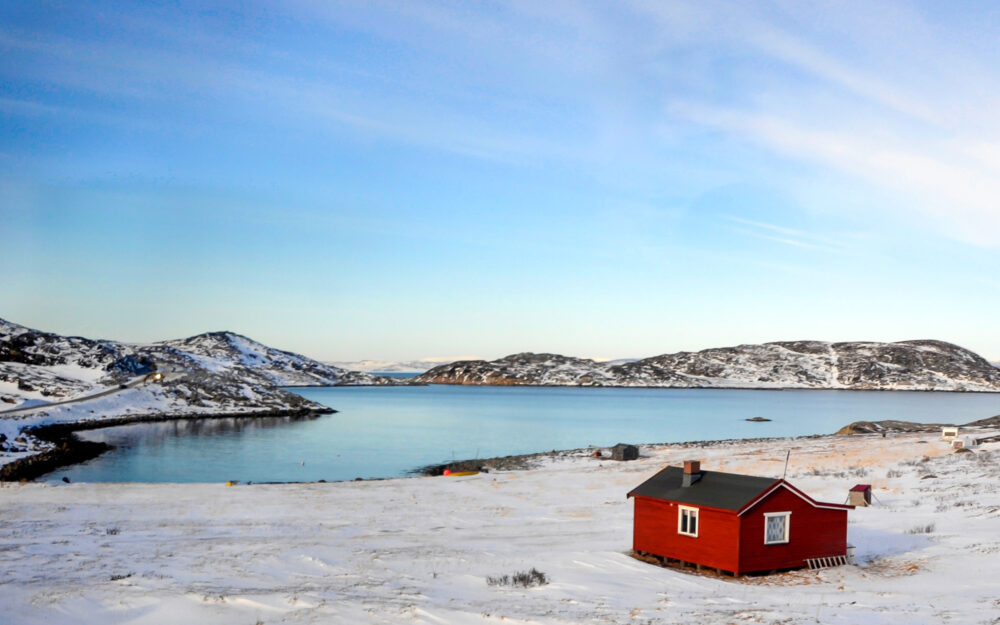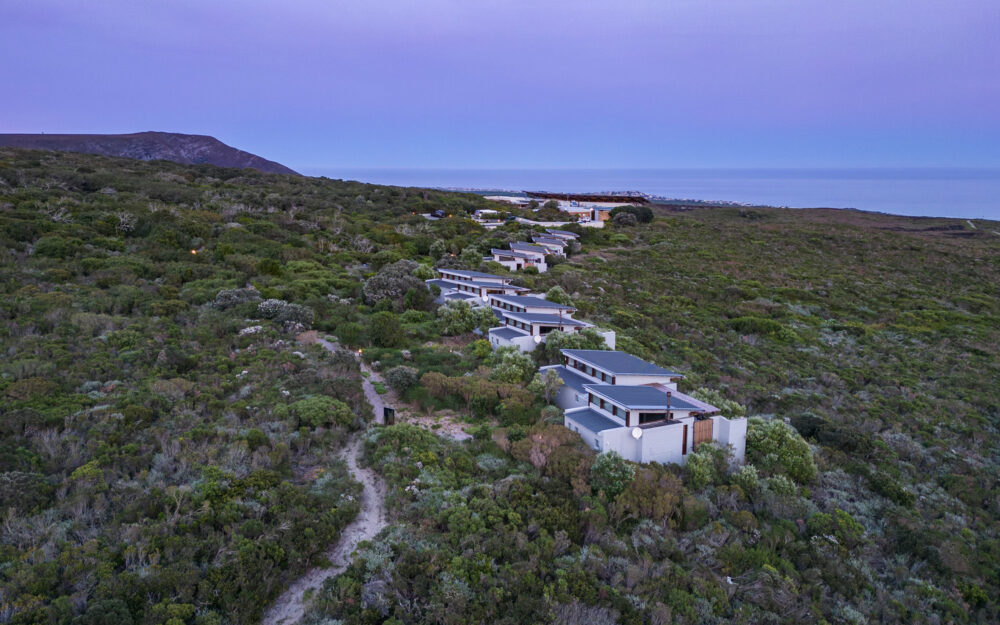Once upon a time, luxury stays were synonymous with high-touch service, opulent dining, gold-plated fittings, Hermès amenities and even gold-plated iPads in every room (if you were lucky enough to stay at the Burj Al Arab in Dubai).
Today? They could well mean sleeping on the retro sixties train La Dolce Vita Orient Express, or soaking in a copper tub in Swedish Lapland, under the Northern Lights.
2025’s new luxury isn’t just about indulgence. It’s about experience, authenticity, hyper-personalisation, and plenty of nostalgia (to bring back the magic of simpler times and milestone moments).
Antoinette Turner, GM of Flight Centre South Africa, believes the shift in our definition of luxury is rewriting the rulebook on what travellers truly value.
“Travellers are no longer satisfied with simply ticking off a destination or staying in yet another posh hotel,” says Turner. “They’re looking for meaningful, story-worthy stays, which they will remember for life. That might be a villa on the water’s edge in the Ruaha National Park in Tanzania, or in a Scandi-chic floating cabin on a frozen lake in the Arctic Circle. Simply put: Unique is now trumping opulent, every time.”

Luxury, redefined
Fuelled by a post-pandemic appetite for reconnection with nature, with self, with others, the travel industry is witnessing a transformation. Traditional markers of luxury, such as thread count or room size, are no longer the zenith of opulence. Now, it’s about curated, immersive experiences that engage the senses and stir the soul.
This is particularly evident in the rise of what Amadeus calls “Trailblazer Hotels” – properties that are destinations in their own right, bold, experiential, and purpose-driven. So distinctive, these hotels are becoming the destination, with travellers are planning their trips around the stay, rather than the other way around, seeking design-led, narrative-rich accommodations that offer cultural immersion and personal growth.
From stargazing pods in remote deserts to eco-lodges in rewilded national parks and hotels built into German wartime bunkers, this trend reflects a broader move away from derivative hospitality and towards stays at “calling card properties”, often independently operated, that boast authenticity with a sense of place.
Take “The Brando” on the Tetiaroa atoll in French Polynesia. Formerly Marlon Brando’s private island, this ultra-exclusive eco-resort combines barefoot luxury with serious sustainability credentials. Solar energy, seawater air conditioning, and coral reef research all sit alongside gourmet dining and private plunge pools. Set among the surrounding flora, the buildings are designed to exist within the ecosystem, not imposed upon it, integrating into their delicate natural setting.
Hyper-personalisation is the new concierge
Turner says today’s luxury traveller wants to feel seen and “they want to remember”.
“We’re now planning trips around guests’ youthful memories, favourite TV dramas and childhood books, and even trips to replicate their gap years.”
Amadeus echoes this in its 2025 Trends Report, predicting a rise in highly customised stays, where technology and data create journeys tailored to individual preferences and moods. Some hotels already offer guests a choice of pillow scents, curated playlists, or itineraries based on wellness goals. Others go further, with chef-hosted foraging experiences or private concerts in off-grid settings.
This trend also aligns with what Skift identifies as a move away from the anonymous grandeur of big hotel chains and towards emotionally resonant, human-led encounters.

Remote and regenerative
Equally prominent in the Amadeus Trends Repot is the growth of regenerative travel. No longer content with low-impact tourism, many travellers now expect their holidays to actively support the environment and local communities.
“Luxury today is about giving back, not just taking,” Turner notes. “Clients ask about sustainability credentials and community engagement. They want to know their holiday supports local people and the planet.”
A good example? Grootbos Private Nature Reserve in Gansbaai redefines luxury through conservation and community. Located in the Cape Floristic Region, it offers eco-conscious experiences like fynbos safaris and marine wildlife tours. With sustainable architecture and locally sourced cuisine, Grootbos blends indulgence with purpose in one of the world’s most biodiverse regions.
Amadeus predicts this will become the norm, not the niche. A growing number of hotels are embedding sustainability into their architecture, operations, and guest experience, not just as a marketing hook, but as fundamentally tied to their identity.
What’s driving the shift?
Several forces are behind this repositioning. The Amadeus report points to a generational shift: Millennials and Gen Z travellers, who are increasingly becoming a dominant force in the luxury travel market, value emotional resonance, sustainability, and uniqueness over status or prestige.
At the same time, the pandemic caused a re-evaluation of how and why people travel. Isolation and lockdowns sparked a hunger for open space, slower rhythms, and deeper connection. As Turner puts it, “People are travelling with greater intention. They want to reconnect with nature, rediscover themselves, or mark a life milestone in a way that feels meaningful.”
The industry has responded, with new hotel developments prioritising cultural authenticity, local experiences, and wellness integration. Many are embracing flexible booking models and offering digital detoxes or community engagement activities as part of the package.
In the end, the future of luxury isn’t about more, it’s about meaning.
As the lines between travel, wellbeing, and self-discovery continue to blur, hotels are no longer just places to stay – they’re places to feel, to grow, and to belong. After all, a gilded lobby can’t compete with a sunrise breakfast in South Africa’s bushveld.
Luxury has evolved and it’s heading somewhere more human, more grounded, and infinitely more memorable.